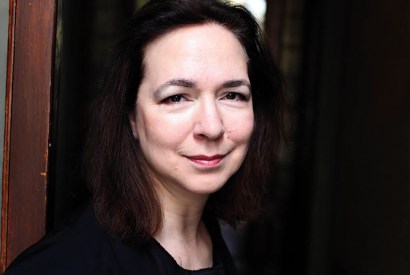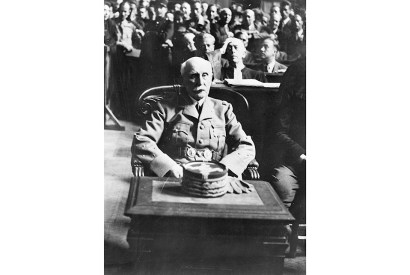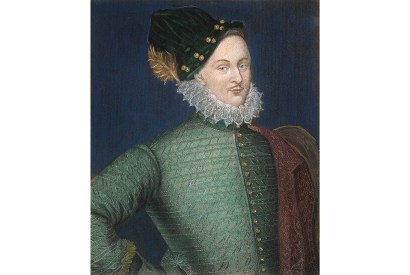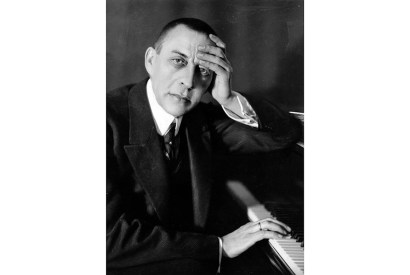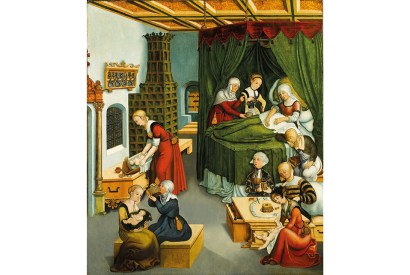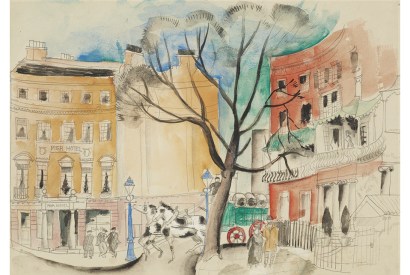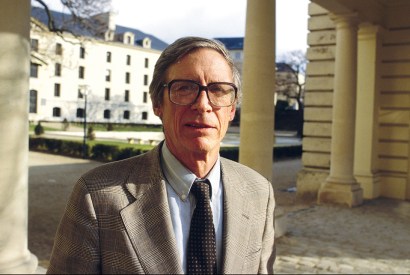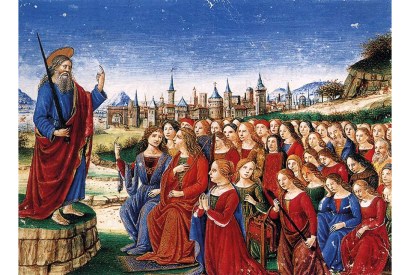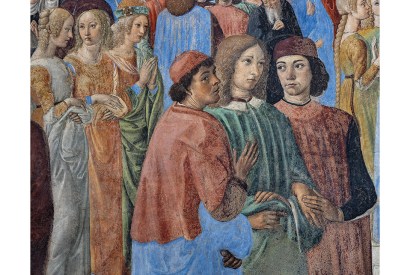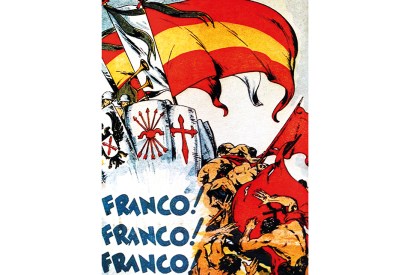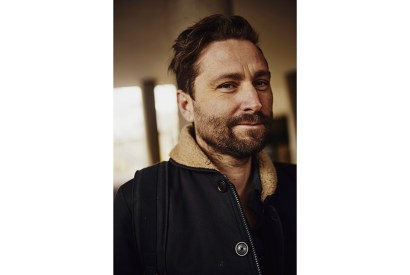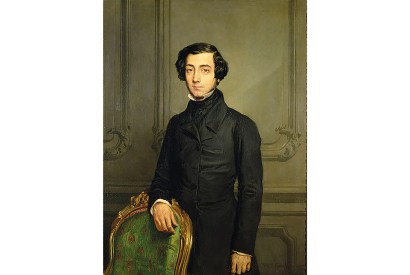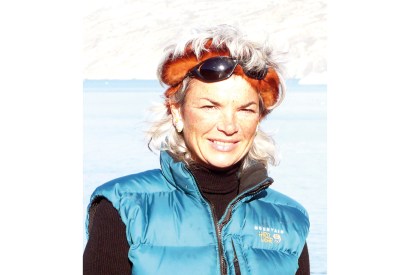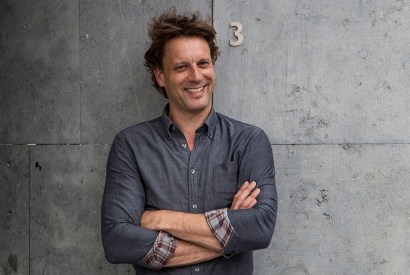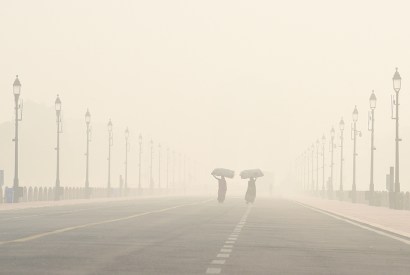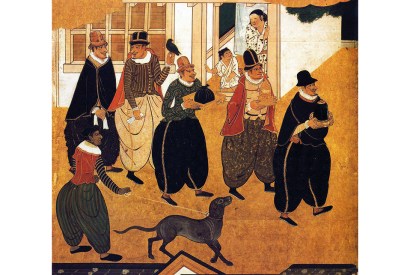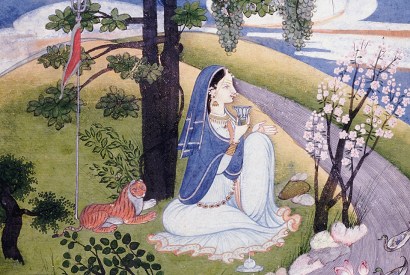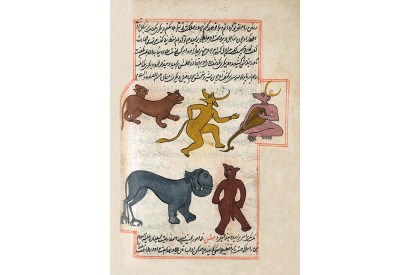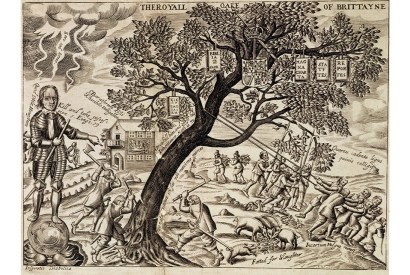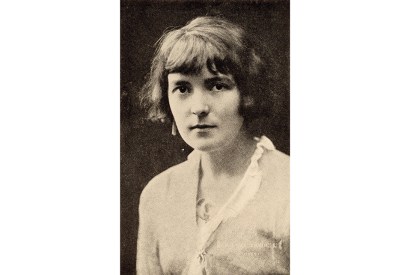Lead book review
Lorrie Moore’s latest novel is deeply troubling, but also consoling
A corpse comes back to life and goes on a road trip. Lorrie Moore’s powerful new novel leaves Philip Hensher shaken, troubled, but also consoled
The trial of Marshal Pétain continues to haunt France to this day
Was one venal old man primarily responsible for France’s catastrophe of 1940-44, or was it a case of collective failure? The question remains unanswered, says Patrick Marnham
Shakespeare sceptics are the new literary heroes
Determined sceptics will always find reasons to cast doubt on Shakespeare’s authorship, but who cares in the end, Emma Smith wonders
Why are we so squeamish about describing women’s everyday experiences?
Philip Hensher discusses how words relating to women’s ordinary experiences have been shrouded in euphemism over the centuries
Daniel Chandler aims to bring new values to British politics – so how will that work out?
Daniel Chandler claims to be a bringer of values, to fill the vacuum at the heart of British politics. Noel Malcolm is unconvinced
Central Europe has shaped our culture for centuries – yet we still find the region baffling
Central Europe has shaped our history for centuries – but will the West always find it baffling, wonders Peter Frankopan
Is there anything safe left to eat?
It’s not only junk food we should be wary of, says Olivia Potts. Pretty well everything contains additives – and our five-a-day mantra is costing the Earth
The attraction of freethinking humanism
Philip Hensher admires the humanists of the past, and finds them consistently kinder, more decent and generous than their contemporaries
The Spanish Civil War still dominates our perception of modern Spain
Twentieth-century Spain was a violent, corrupt and volatile country – but that hardly made it an anomaly within Europe, says Sarah Watling
As special enclaves proliferate, what are the consequences for democracy?
Zones of exception, freed from ordinary forms of regulation, are proliferating in bewildering varieties. Kwasi Kwarteng considers the consequences for democracy
The remarkable prescience of Alexis de Tocqueville
Toby Young is struck by how prescient Tocqueville’s observations have proved on the social and political structures of the many countries he visited
The biography Noël Coward deserves
Philip Hensher follows Noël Coward from precocious childhood to the vortex of fame
Is this the end of travel writing?
Viv Groskop shares Sara Wheeler’s fears that modern sensibilities are fatally threatening a centuries-old genre
A radical new theory about the origin of the universe may help explain our existence
Alexander Masters examines the top down cosmology proposed by Stephen Hawking and Thomas Hertog
The world has become a toxic prison – and a volcanic winter lurks on the horizon
Our own actions have created the toxic prison in which we now live, says Peter Frankopan, and the future looks terrifying. Adam Nicolson can only agree
What, if anything, unites Asia as a continent?
Is it merely a European construct – and what, if anything, do its diverse peoples have in common, wonders Peter Frankopan
The nightmare continues
The Cultural Revolution may have been officially forgotten, but it will always haunt Xinran and her generation
Has Salman Rushdie become his own pastiche?
Salman Rushdie returns to India with a full-throated mix of history, magic realism and dazzling storytelling, says James Walton
Here be dragons, dog-headed men and women growing on trees
Justin Marozzi celebrates the medieval naturalist Zakariyya Qazwini and his breathtaking bid to capture the marvels of creation
The radicals of 17th-century England began to think the unthinkable
Few periods match the British 17th century for turmoil and idealism.No wonder historians have repeatedly been drawn to it, says Lucy Hughes-Hallett
Spare reviewed: Harry is completely disingenuous – or an idiot
What makes the Duke of Sussex believe he can lead a charge against practitioners of the written word, wonders Philip Hensher
The imaginative energy of Katherine Mansfield
Claire Harman discusses ten of Mansfield’s short stories in connection with her tragically short life

